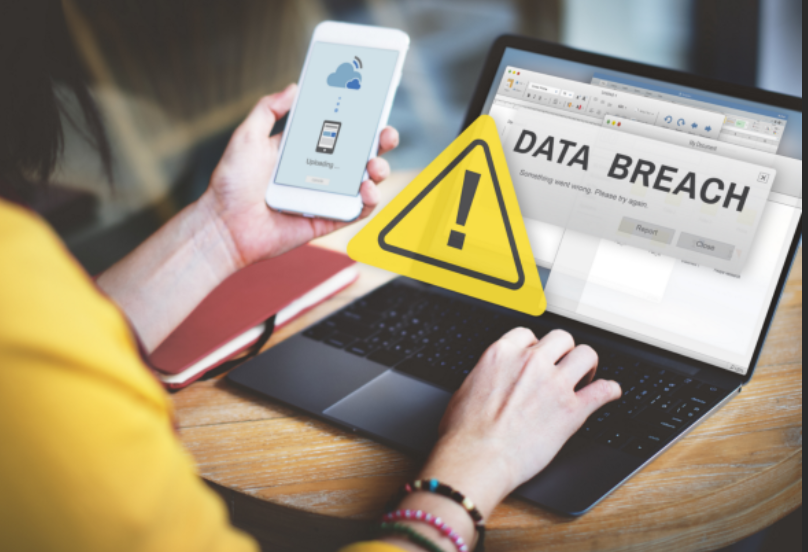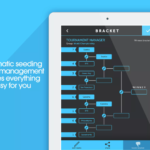Fintech giant Block, formerly known as Square, has backed up a data breach involving 8.2 million users. Which include the first user to upload a Cash App report with American customer information.
In a filing with the Securities and Exchange Commission (SEC) on April 4. Block said the investigator reviewed the report on Dec. 10.
Block said the information the first user received does not include personally identifiable information such as username or password, social security number, date of birth, credit card information, etc. Payment, address, and bank account details.
In addition, fintech companies agree that it is working with law enforcement to conduct thorough inspections and strengthen security systems to protect employees and employees and ensure a database. Data theft by outgoing employees is a major cybersecurity threat for businesses. In fact, up to 1 in 4 employees can still access data from the original service. According to research from Beyond Identity. Yoav Shaked, vice president of product management at Grip Security, says, “Early users had more access to the system than ever before. This creates a huge security threat that has not been fully addressed so far. But we will see many of these types of data breaches in the future.
SEE: How to Find my Bracket on CBS Sports App – 2022
Note
Clark says that depending on the type of account you have linked to your Cash application, your customer safety may not be the same.
For example, the Consumer Credit Protection Act provides some protection against theft and other forms of fraud, but the law does not cover merchant accounts. In a brokerage account, “you have to prove that you are responsible for the account so you do not have to blame for any loss,” Clark said.
Although the SEC Rule S&P requires brokerage firms to have policies and procedures in place to protect customer information and records. You should contact a broker or investment company for certain treatments available to you. ‘they have a situation of hacking.
How to Save your Financial Information
Here are some alternatives you may want to consider to protect your financial account.
Check your credit
Clark always recommends checking your credit for mirror programs. You can do this for free by subscribing to Credit Karma and/or Credit Sesame. Remove your credit
Clark’s first defense against any form of fraud is to put credit in its place with a large credit institution. Read the Freeze Credit Clark manual.
Customize the characteristics of two things
Two-factor authentication (2FA) is another security deposit that requires you to provide more than just a username and password to access the account.
In 2FA, you will need a second factor, which may be a PIN, a one-time code sent to your phone or even biometric verification.
Contact your bank or dealer to confirm that it supports two-factor authentication, or search for it in your account security settings.
SEE: Intracluster Medium of Galaxy Cluster Scholarship





